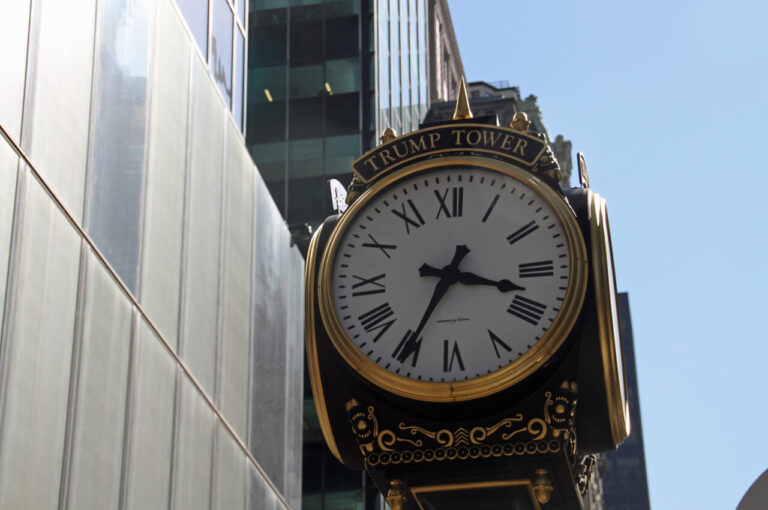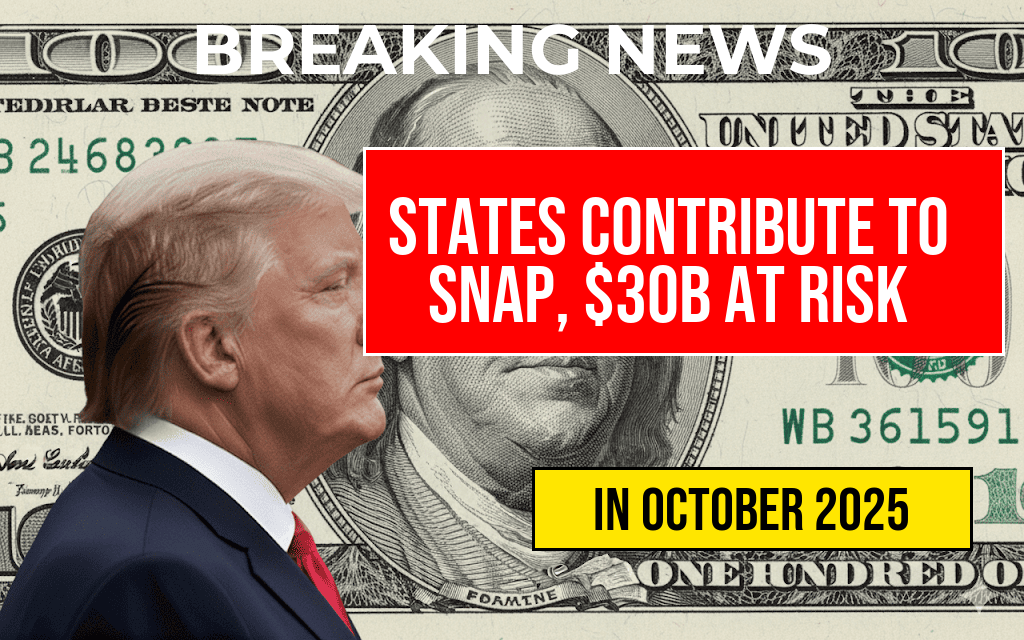In a controversial move, the District of Columbia has decided to maintain the base pay for tipped workers at $10 per hour, a decision that experts say could significantly shift the dynamics of income for employees in the service industry. As of now, many restaurants and hospitality venues are seeing their tipped workers redirect hundreds of dollars each week from their base pay into tips. This change has sparked discussions about the viability of the tipping system and the financial well-being of service workers, particularly during a time when inflation continues to impact living costs across the nation.
Understanding the Tipped Worker Wage Structure
The current wage model for tipped workers in D.C. allows employers to pay less than the standard minimum wage, given that employees receive tips that bring their overall earnings up to or above that minimum. Under D.C. law, the base pay for tipped workers is set at $10, which is lower than the city’s minimum wage of $16.10. This structure raises questions about the sustainability of relying on tips as a primary source of income.
Impacts on Workers’ Earnings
With the base pay frozen, many tipped workers are now relying heavily on tips to make ends meet. Reports indicate that workers have experienced a drastic adjustment in their earnings, with some receiving additional income through tips that can range from $300 to $600 weekly. The reliance on tips has resulted in varying income levels, depending heavily on the volume of customers and the nature of the service provided.
- Increased reliance on tips can lead to financial instability during slower business periods.
- Tipped workers, such as servers and bartenders, often face unpredictable earnings.
- High-traffic venues tend to provide better tip opportunities, creating income disparities among workers.
The Debate Surrounding the Tipping System
The decision to keep the base pay at $10 has ignited a debate over the efficacy of the tipping system itself. Advocates for reform argue that a more stable wage structure could lead to better job security and financial independence for workers. Critics, however, contend that the tipping culture encourages better service and customer engagement, which benefits both the worker and the business.
Organizations such as the National Employment Law Project advocate for a reevaluation of the tipped wage system, suggesting that a transition to a full minimum wage model could alleviate some of the financial pressures faced by service workers. This approach could provide a more equitable pay structure, ensuring that all workers receive a living wage regardless of their tips.
Comparative Analysis of Tipped Wages Nationwide
| City | Tipped Minimum Wage | Standard Minimum Wage |
|---|---|---|
| Washington, D.C. | $10.00 | $16.10 |
| New York City | $10.00 | $15.00 |
| San Francisco | $15.50 | $16.32 |
| Chicago | $6.40 | $15.00 |
Future Considerations
As the debate over tipped wages continues, lawmakers face pressure to consider the long-term implications of the current pay structure. The discussion is not just about wages but also about creating a sustainable work environment for those in the service industry. With ongoing economic challenges, many workers are advocating for a shift towards a system that prioritizes stable incomes over variable tips.
As cities across the nation grapple with similar issues, the outcomes in D.C. could serve as a pivotal case study for other jurisdictions contemplating reforms in the tipped wage system. The trend towards a living wage is gaining traction, with advocacy groups pushing for legislative changes that could redefine how service workers are compensated for their labor.
For more information on the impact of tipped wages, you can visit the Forbes Human Resources Council.
Frequently Asked Questions
What is the current base pay for tipped workers in D.C.?
The current base pay for tipped workers in Washington, D.C. is frozen at $10 per hour.
How does the base pay freeze affect tips received by workers?
The base pay freeze allows workers to redirect hundreds of dollars weekly into tips, as they rely more heavily on gratuities to supplement their income.
Why was the base pay for tipped workers frozen?
The base pay freeze was implemented to support the tipping culture in D.C. and ensure that tipped workers can earn a competitive wage through tips.
What are the implications of the base pay freeze on the tipping industry?
The implications include a potential increase in tipping as workers depend more on customer gratuities, which could impact overall service quality and customer expectations.
Are there any plans to change the base pay for tipped workers in the future?
Currently, there are no specific plans announced to change the base pay for tipped workers, but discussions may arise as the industry evolves and economic conditions shift.













